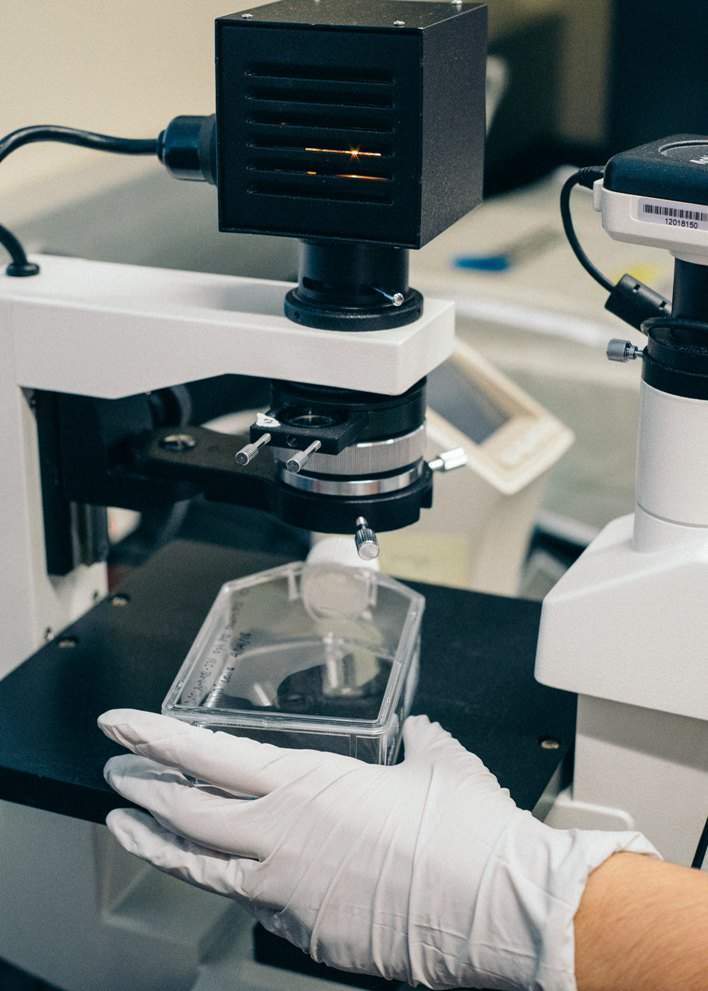
As part of the auction, Interpace had acquired 64 select lots of laboratory assets such as freezers, refrigerators, PCR machines, advanced slide scanning equipment as well as suppliers and specialty furniture.
Interpace stated that the laboratory assets will further support its CLIA and CAP certified lab expansion in its Pittsburgh, Pennsylvania and New Haven, Connecticut laboratories.
Since Rosetta Genomics filed for bankruptcy in May this year, Interpace has also acquired several former employees and select former Rosetta customers have move their accounts to Interpace’s thyroid assays.
Interpace claims that it is uniquely licensed to process thyroid slide biopsies, the primary specimen type for Rosetta’s Reveal product.
Interpace Diagnostics Group president and CEO Jack Stover said: “We are proud to be serving many of the former Rosetta customers and are very pleased to have several highly-qualified Rosetta employees join the Interpace team.
“The cost effective, specialty equipment we acquired will be especially helpful as we continue to expand our new product offerings, including our slide products even further, under our combined ThyGeNEXT/ ThyraMIR assays for indeterminate thyroid nodules.”
Interpace Diagnostics offers molecular diagnostics tests, related first line assays and pathology services to evaluate risk of cancer by using latest technology for improved patient diagnosis and management.
Presently, the company has four molecular tests and one test in clinical evaluation process (CEP). These tests include PancraGEN for diagnosis and prognosis of pancreatic cancer from pancreatic cysts, biliary strictures and solid masses, ThyGenX (now ThyGeNEXT) is used in the diagnosis of thyroid cancer from thyroid nodules.
It uses next generation sequencing assay, ThyraMIR is the next assay, which is used for the diagnosis of thyroid cancer from thyroid nodules. It uses proprietary gene expression assay, RespriDX that differentiates lung cancer of primary vs. metastatic origin.
BarreGEN for Barrett’s Esophagus is currently being soft launched.



